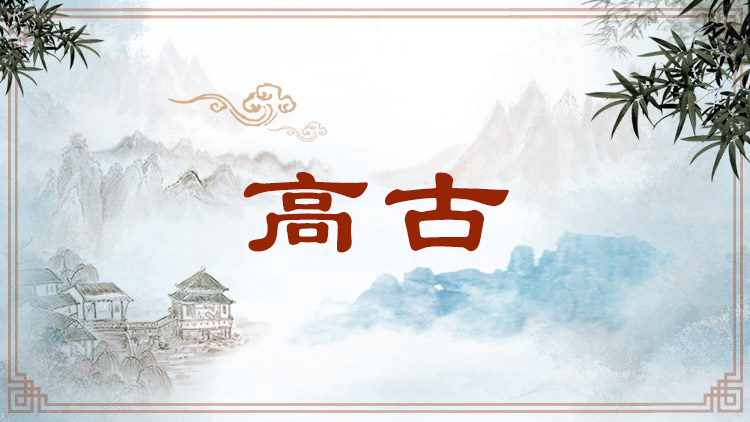Unadorned Antiquity

高远古朴,高雅简古。用于文艺批评,主要指文艺作品中所体现出的意蕴高远古朴、情致高雅,凝重而又深具历史感的艺术风格。“高”体现对空间的超越,不落于现实的具体事物,思想、情感和意愿超然时事和世俗之外;“古”体现对时间的超越,神驰于久远的历史,有拙朴、古雅、凝重的意蕴。“高”和“古”合成一个术语,旨在淡化和超越时代的印记和现实的痕迹,追求一种连接古今、引人追攀又难以企及的意境。它有时也指高人雅士独具的一种人格境界。
This term describes the quality of loftiness or primitive simplicity, and is used primarily in literary criticism to refer to an ancient nobility, an aspiration or sentiment, or an artistic style of historical gravity. "Loftiness" here suggests transcending the limitation of space, not being tied down by concrete objects, thoughts, moods or wishes and conveys a sense of staying aloof from current affairs and worldly conventions. "Primitive simplicity" here means breaking loose from the confinement of time and traveling back to the remote past. It also implies an unadorned antiquity or austere dignity. By combining these two concepts, the term aims to weaken the imprint of its time and to transcend the bounds of reality, reaching for a normally unattainable realm linking the present to the past. Sometimes, this term is also used to refer to an elevated state of being attained by noble-minded persons.
引例 Citations:
◎惟阮籍《咏怀》之作,极为高古,有建安风骨。(严羽《沧浪诗话·诗评》)
只有阮籍的《咏怀》诗,极显高远古朴的特色,具有建安诗歌的风采骨力。
Only Ruan Ji's group of poems "Meditations" display an unadorned antiquity, imbued with the vigorous and forceful features of the poetry of the Jian'an period. (Yan Yu: Canglang's Criticism on Poetry)
◎汉人诗文,存于今者,无不高古浑朴。(章学诚《文史通义·内篇五·妇学篇书后》)
汉代人所作的诗文,凡是流传至今的,无不显得高远古雅、浑厚质朴。
Prose and poetry by Han Dynasty authors, so long as they have survived to this day, all show a lofty adherence to an unadorned antiquity and a charming rusticity. (Zhang Xuecheng: General Principles of History)
推荐:教育部 国家语委
供稿:北京外国语大学 外语教学与研究出版社
责任编辑:钱耐安





